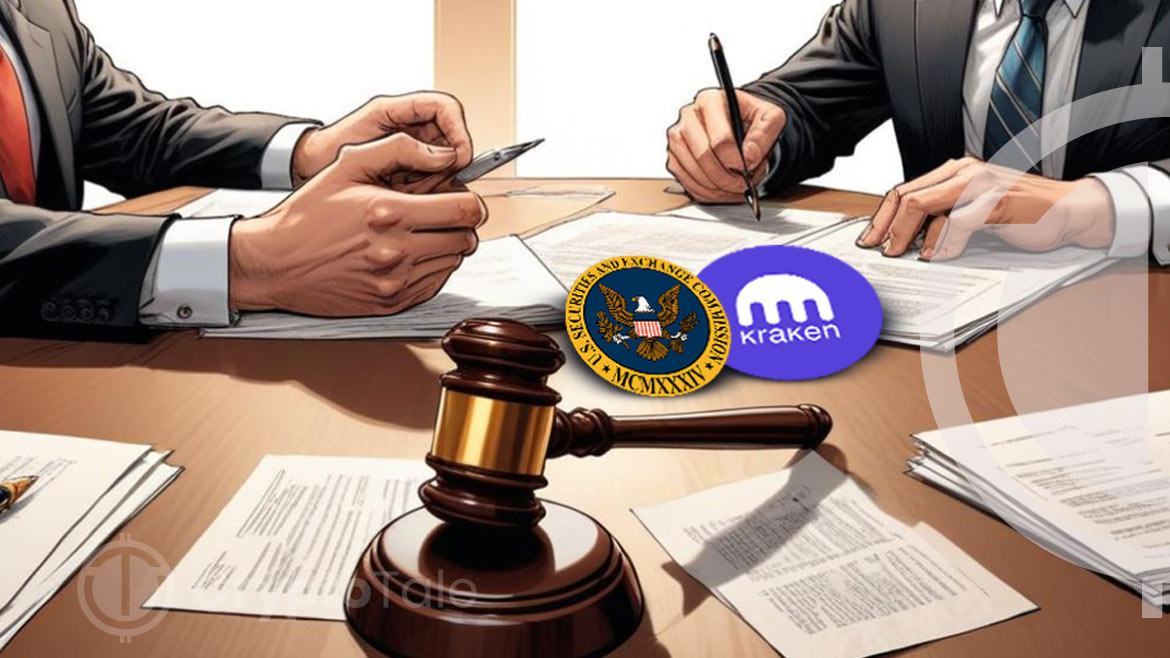- Kraken demands a jury trial in the SEC lawsuit over unregistered securities claims.
- SEC accuses Kraken of facilitating trading of unregistered tokens like ADA and SOL.
- Ripple’s CLO criticizes the SEC for calling digital assets “crypto asset securities.”
Cryptocurrency exchange Kraken has officially demanded a jury trial in the ongoing lawsuit from the U.S. Securities and Exchange Commission (SEC). A California court had agreed to proceed with the trial last month. This new development also affects other major exchanges like Binance and Coinbase since they are accused of similar violations of federal securities laws.
SEC’s Allegations and Kraken’s Defense
In November, the SEC sued Kraken, claiming the platform operated without proper registrations. It also said Kraken facilitated trading in what the agency deems unregistered securities. These include popular tokens like ADA, ALGO and SOL. The commission argues that such operations violate the Securities Act and the Exchange Act. Additionally the commission seeks to stop further violations and obtain disgorgement of profits.
Kraken’s Fate Hangs in Balance as SEC Lawsuit Takes Unexpected TurnKraken refutes these allegations and states its operations do not violate securities laws. The digital assets in question do not meet the legal definition under the Howey Test which determines what constitutes an investment contract. Moreover, Kraken weighs on the defense that the SEC has not clearly stated how these digital assets are securities.
Critiques on the Regulation Front
Stuart Alderoty of Ripple criticized the SEC’s term “crypto asset securities.” He calls it a huge regulatory overreach and underlined the contradictions in the SEC’s approach. Paul Grewal of Coinbase, too, pointed out inconsistencies in the SEC’s previous claims against XRP. This situation shows the challenges the crypto industry faces due to unclear regulations.
The court denied Kraken’s motion to dismiss which has set a precedent for this jury trial. It forces Kraken to face the charges directly. The ongoing debates are also influenced by the Ripple Labs case outcomes, which were centred around whether digital assets are securities.
This lawsuit is part of a broader SEC crackdown on cryptocurrency platforms. Industry advocates argue this could chill innovation and functionality in the U.S. crypto markets. The outcome of this trial could set significant legal precedents. These would affect how digital assets are regulated and potentially influence market dynamics for years to come.






